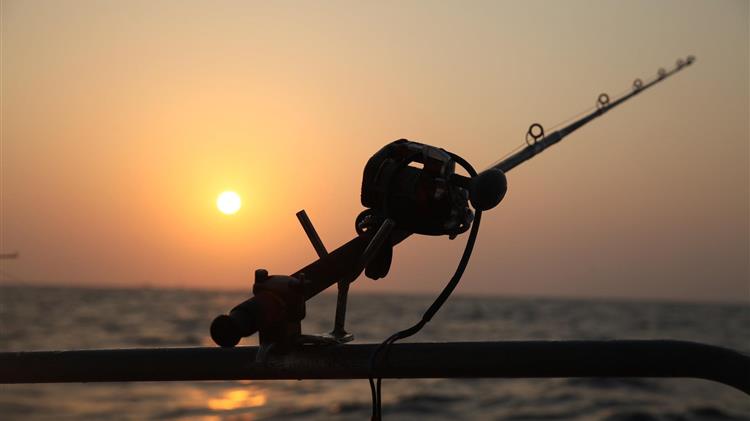The European Parliament voted through the Multi-annual Fisheries Management Plan for the EU's Western Waters Tuesday, covering the Atlantic Ocean between Ireland and Portugal.
The plan, already agreed with EU ministers, aims to ensure the exploitation of fisheries in the Northeast Atlantic while maintaining their reproductive capacity.
The multi-annual management plan approved on Tuesday by 525 in favour, 132 against and 19 abstentions sets out the rules for the exploitation of demersal species such as hake, common sole, herring and cod as well as deep-sea stocks (round fish, flatfish, cartilaginous fish species and Norway lobster). The aim is to set a level of fishing opportunities that would ensure that less than 5% of stock is at risk of having its reproductive capacity reduced.
The management plan makes selectivity and sustainability possible, said the Parliametary rapporteur Alain Cadec MEP: "The multiannual plan for Western Waters is a delicate balance between protecting stocks and keeping the fisheries sector competitive, something we also wish to do."
The plan :
- achieves the maximum sustainable yield (ensuring exploitation in sustainable economic, environmental and social conditions) for the targeted stocks as soon as possible, on an incremental basis by 2020, and maintained thereafter;
- includes safeguard measures to rapidly restore stocks when they fall below safe biological limits, including by suspending targeted fishing;
- bases all measures on the best available scientific advice, in particular from the International Council on the Exploration of the Sea (ICES) or a similar independent scientific body recognised at EU or international level;
- obliges the Commission to introduce monitoring and reporting obligations every five years;
- contributes to eliminating discards by reducing unwanted catches and by implementing the landing obligation;
- promotes a fair standard of living for those who depend on fishing activities, bearing in mind coastal fisheries and socio-economic aspects;
- does not apply the landing obligation to recreational fishing;
- allows member states in the region to submit joint recommendations for these waters.
Furthermore, MEPs secured the following provisions:
- expanding the sustainable management of seabass to all of the Western Waters area, in accordance with the precautionary approach for 'by-catch' stocks;
- establishing the possibility, for EU ministers, to set non-discriminatory limits for recreational fisheries in the case of a significant impact on the fishing mortality.
The Western Waters multi-annual plan is the third one adopted in line with the EU's Common Fisheries Policy (CFP), after the Baltic Sea (2016) and the North Sea (2018). Under the CFP, multi-annual plans should contribute to achieving fishing at sustainable levels. They also contain measures to implement the landing obligation, technical measures, as well as safeguards for remedial action where needed.
The Western Waters plan covers fisheries for species from the north and west of Scotland, over the Gulf of Cadiz and down to Madeira in the south. According to the Annual Economic Report (AER) of 2016, more than 48 000 fishermen and 18 000 vessels are active in the Western waters, including both the demersal and the pelagic sector. This multiannual plan involves fishing vessels from Belgium, Germany, France, Ireland, Spain, Portugal and UK.
The agreement now goes back to the Council for final adoption. The new rules will apply on the day after their publication in the Official Journal of the European Union, possibly in spring 2019.
Ακολουθήστε το Agrocapital.gr στο Google News και μάθετε πρώτοι τις ειδήσεις
